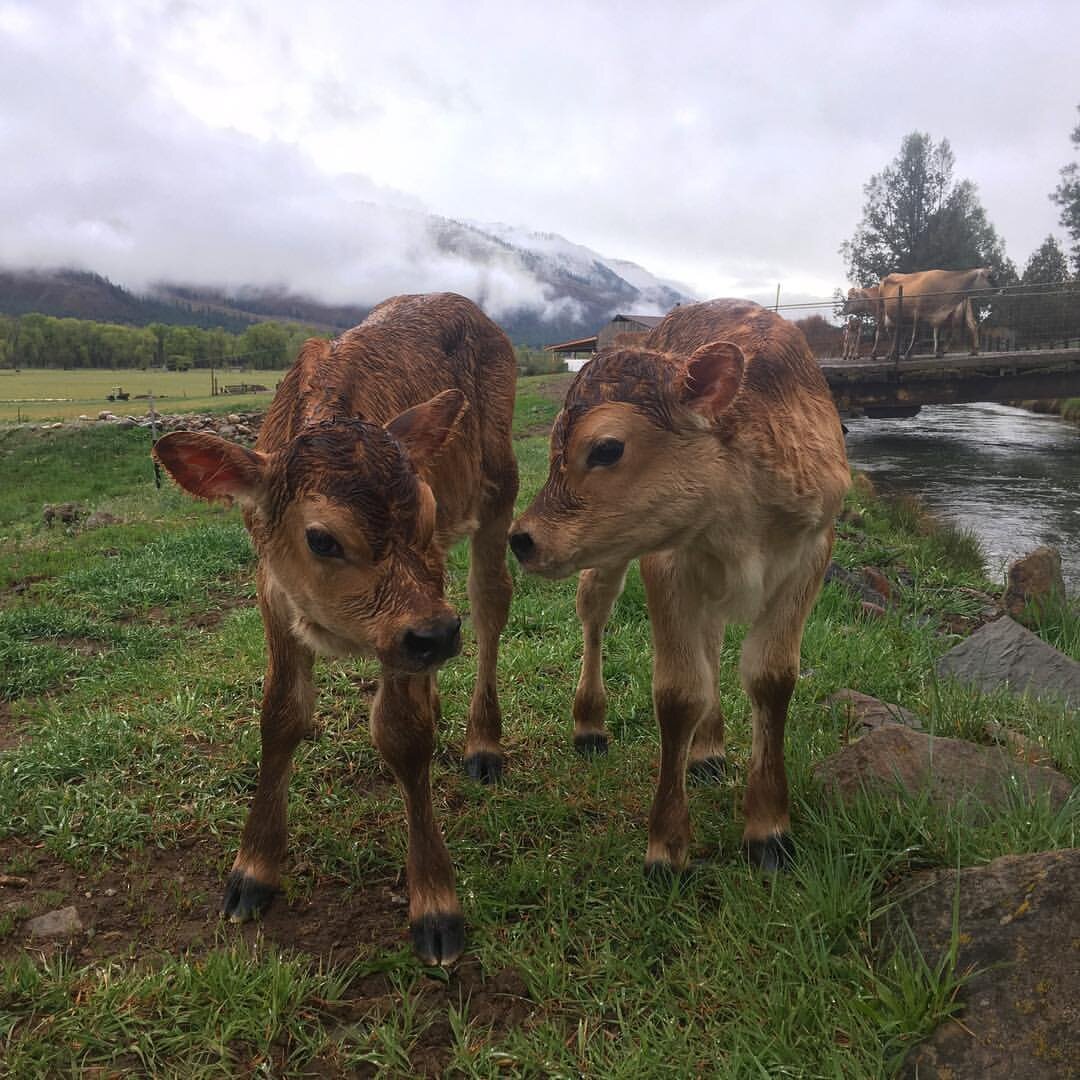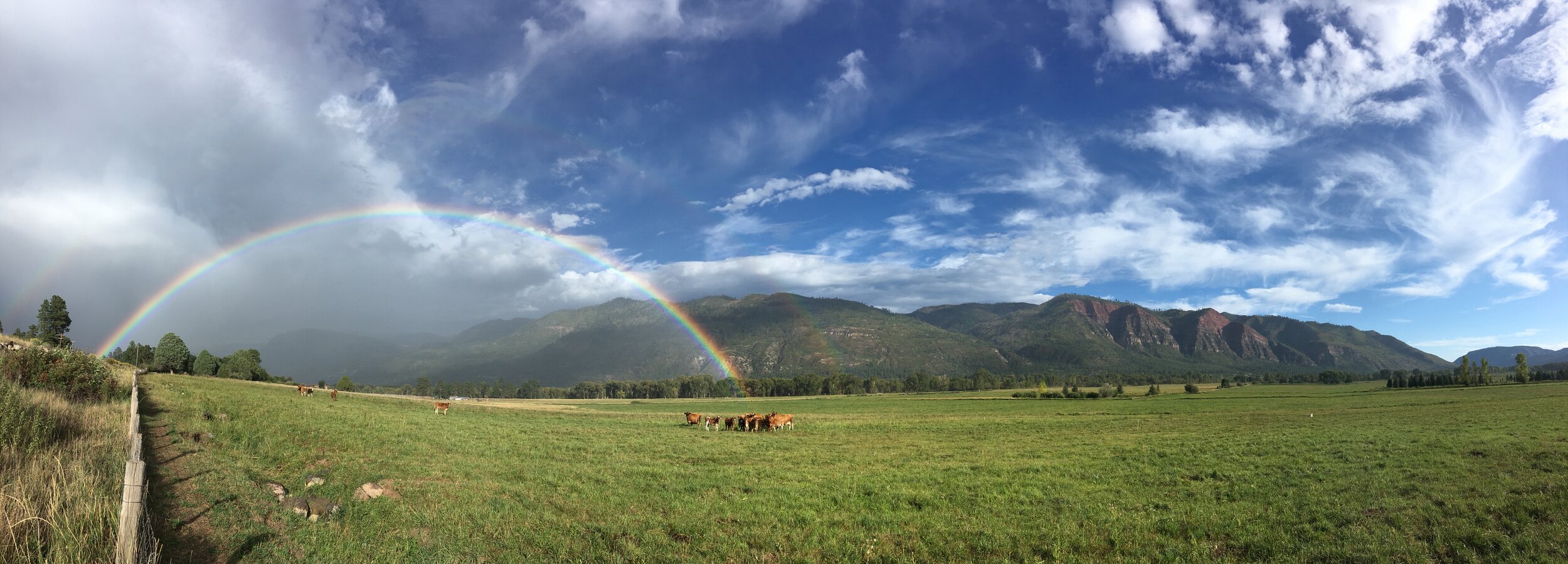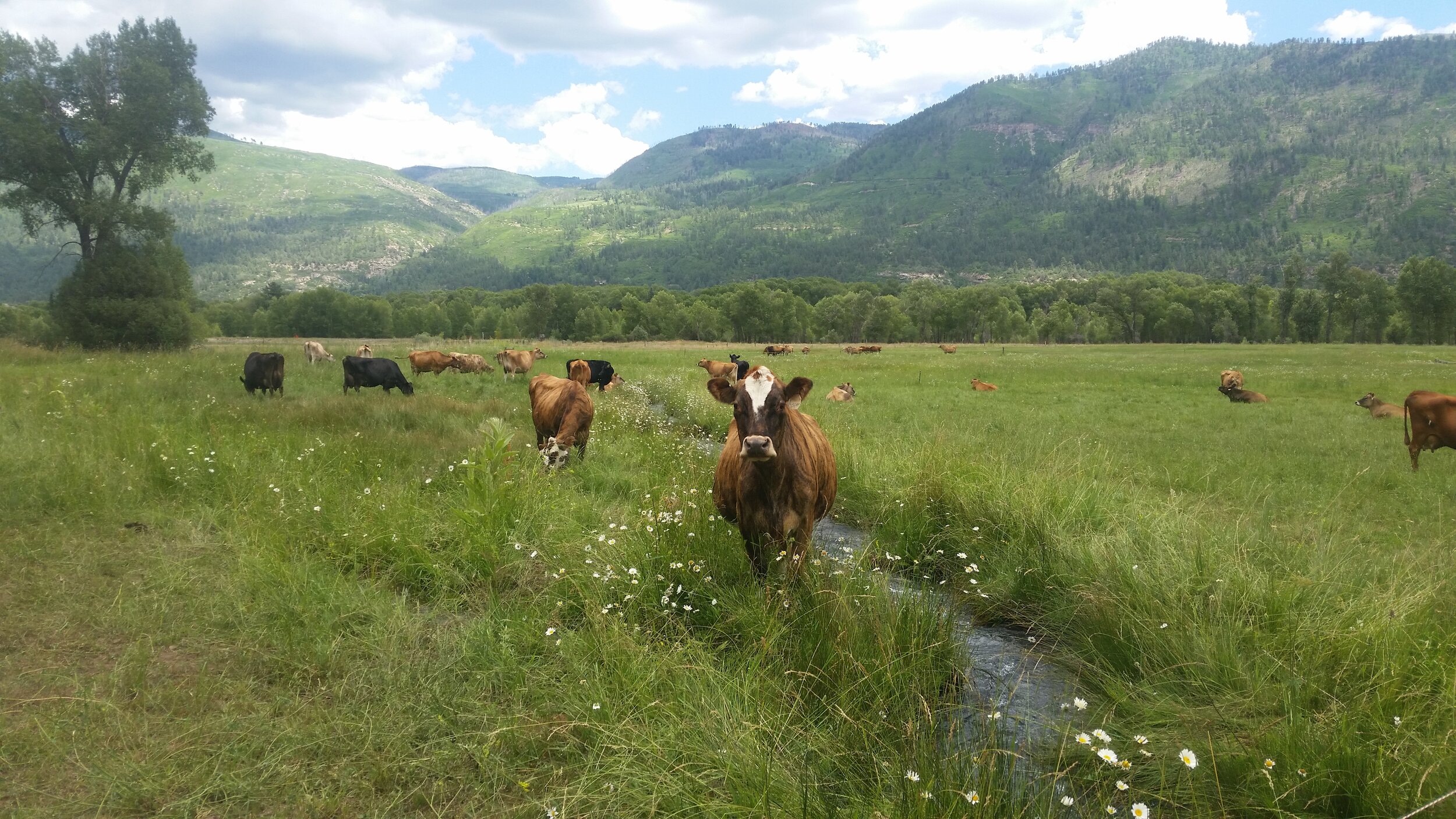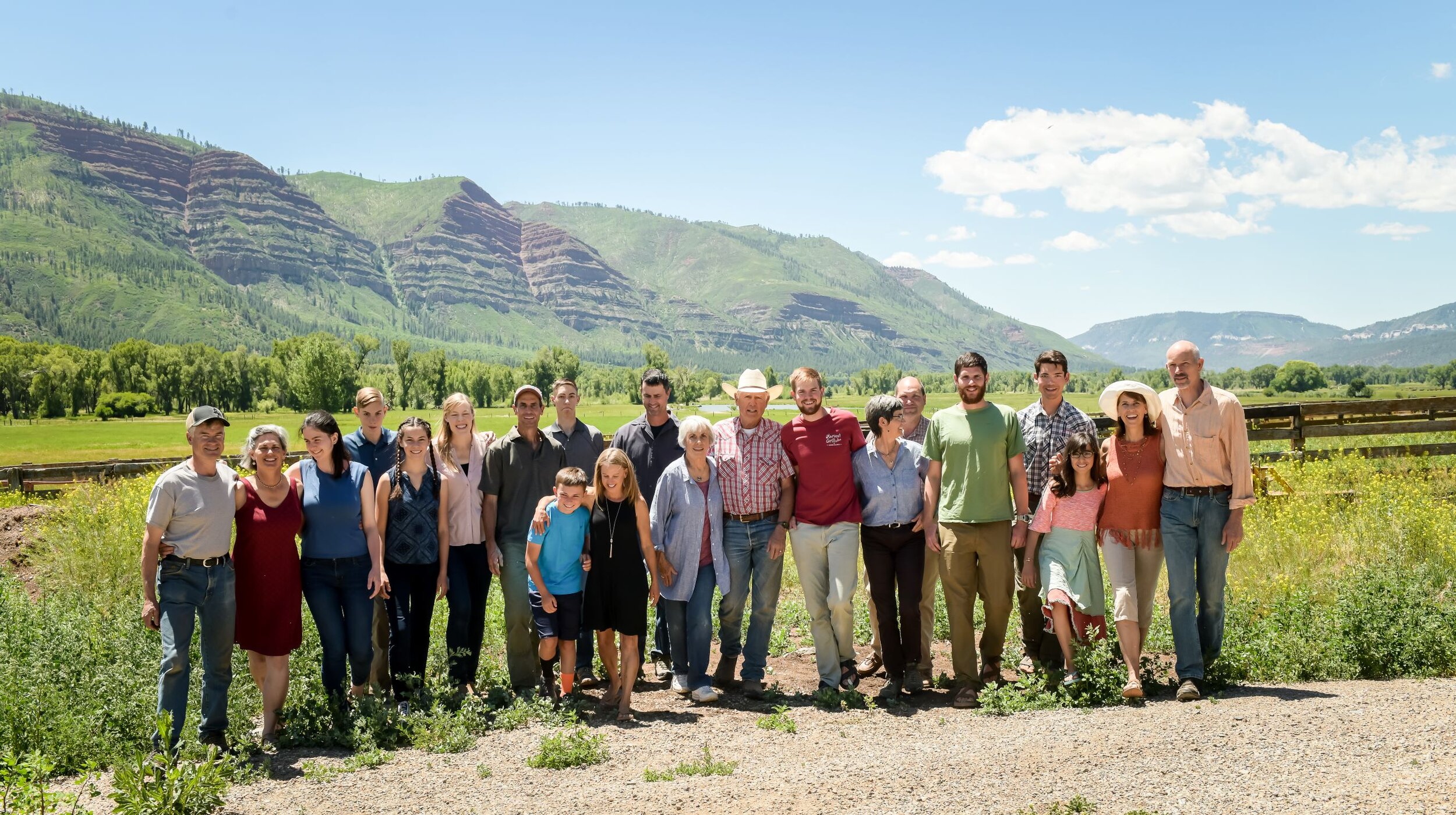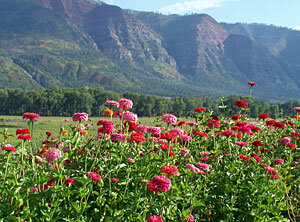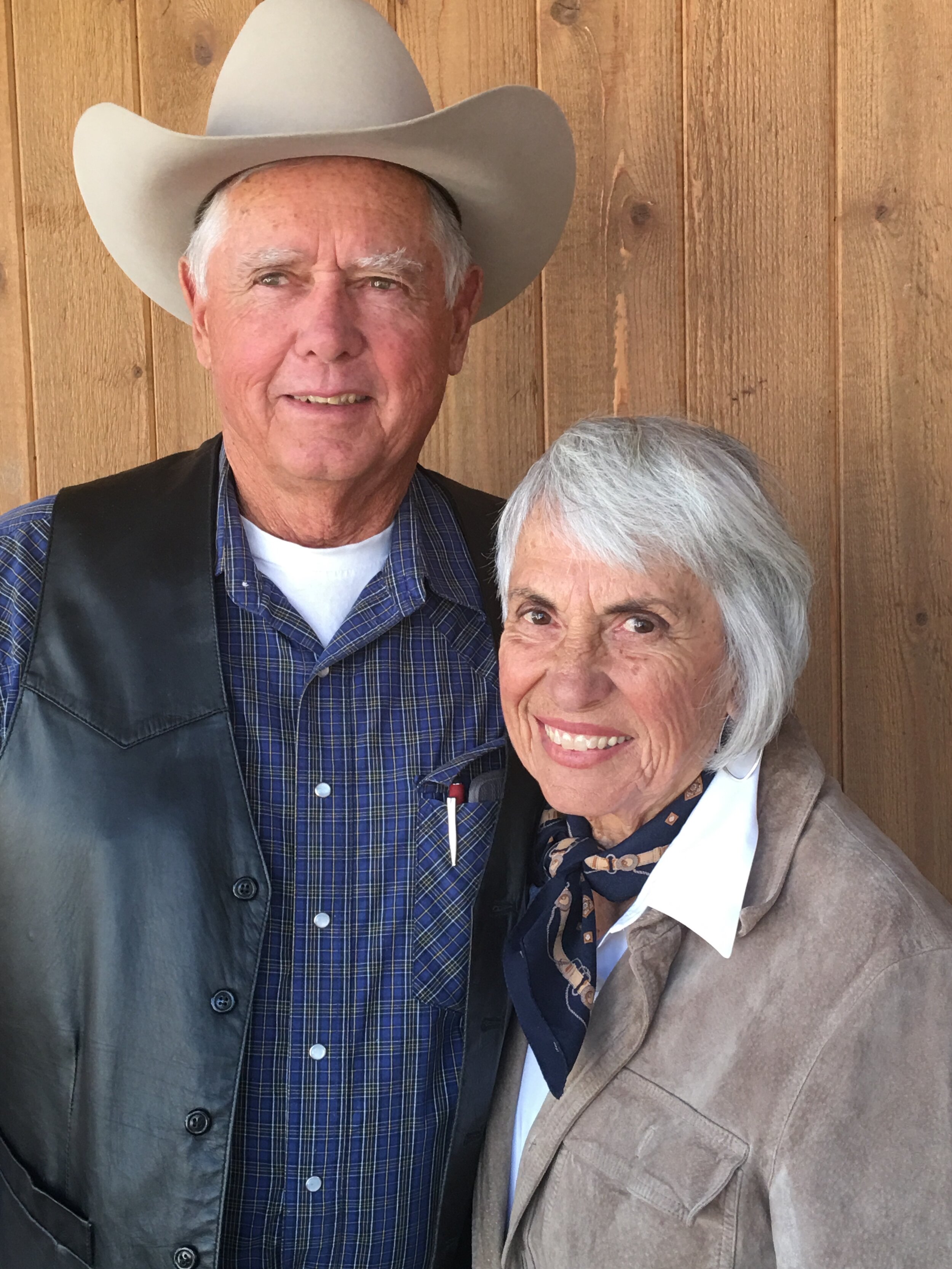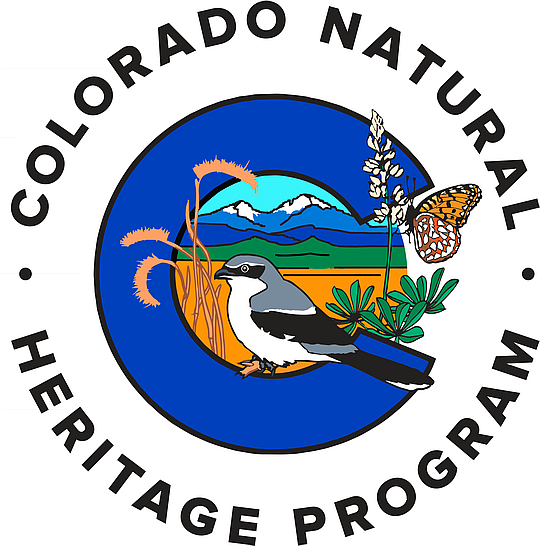By Åsa Björklund, La Plata Open Space Conservancy
The cows at James Ranch have a view a real estate agent would love to sell: verdant fields unfold along the Animas River against a backdrop of snow-capped San Juan Mountains. It might seem that this prime piece of real estate is at risk of succumbing to the same development filling up the lower Animas and Hermosa valleys. Not to worry - the owners Dave and Kay James have permanently protected their property from development with conservation easements proudly held by La Plata Open Space Conservancy.
“We are deeply committed to farming because it’s a way to keep the family together,” said Dave James, who together with his wife Kay has owned the Ranch for 59 years. “My family has grown up here and now my grandchildren are growing up here.”
A popular destination for locals and tourists alike, James Ranch has a market that sells its own grass-fed beef, eggs, and cheese, and a restaurant, the James Ranch Grill, where customers can enjoy juicy burgers and crispy fingerling potatoes while savoring the beautiful views of the valley. The extra income sources from the market and the restaurant have made it possible for the family to stay together, Dave explains, because agriculture is a risky business and it is hard to make ends meet on farming only.
Each family member contributes to the operation based on his or her own skill sets and interests, whether in farming, animal husbandry, or restaurant and retail management. The exceptional result is proof of how the sum can be greater than its parts.
“Farming and ranching are the foundation of our heritage and we want to be good at that and I know we are. The public loves what we’re doing because they know our produce and meat are pure and contain no chemicals,” said Dave.
In Colorado, just like across the nation, farmland is rapidly disappearing, due in no small part to the risks David mentions and the high prices some farmland can fetch from land developers. As the older generation ages out of the industry, young farmers struggle to access affordable farmland. At the same time, local food production is more important than ever, as illustrated by the Coronavirus pandemic causing disruptions in the national food supply chain.
Conservation easements can be an effective way to permanently protect farm and ranch land and provide the financial resources to keep it in production. The financial incentives offered by the federal government and State for donation of a conservation easement in Colorado are collectively some of the most robust in the nation. These incentives provide farmers and ranchers an alternative to, say, monetizing their land or water through subdivision or dry-up, thereby keeping open the option for younger generations to assume operations.
An ideal family business involves sharing skills and ideas across generations. In fact, it was Dave and Kay’s children who influenced them to change the ranch’s direction 25 years ago, by introducing the concepts of sustainable farming, diversified income sources, and conservation easements as a tool to conserve land in perpetuity and gain some additional financial resources through the process.
Early on the family became, and remains, involved with the Quivira Coalition, a collaborative group of ranchers, conservationists, land managers, and scientists, working to build economic and ecological resilience on western working landscapes.
As for the future, Dave comments “I’m over 80 now so it will be the kids who have to carry on.” And the future looks bright with a family that keeps sprouting brilliant ideas. Soon James Ranch will offer organically raised chicken. One child is considering growing mushrooms, and another one keeping trout.
“We love this land and that was paramount when we first met with the Conservancy. The conservation easement puts an exclamation mark on what we are doing here. It’s hope to my family and future,” said Dave.


